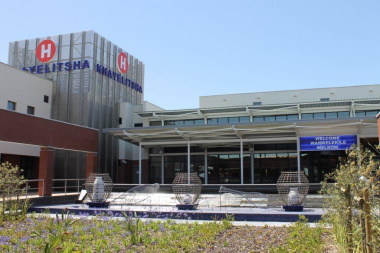The Head of the Western Cape Health Department Dr Keith Cloete says they have made submissions for the exemption from power cuts of an additional 10 hospitals on the Eskom grid and 9 additional hospitals which fall under the City of Cape Town’s power grid.
This is after the National Minister of Health, Minister Phaahla had a virtual media briefing on Friday during which he announced that he is exempting Red Cross War Memorial Hospital, Groote Schuur Hospital and Tygerberg Hospitals from planned electricity cuts.
Read more: Major hospitals across the country exempted from loadshedding
But Cloete says these 3 hospitals have had exemptions in place for up to Stage 6, as part of an agreement with the City Cape Town, which has been placed for at least 4 years.
The additional hospitals on the City of Cape Town grid for which exemptions have been requested are:
- Mitchells Plain
- Mowbray Maternity
- New Somerset
- Karl Bremer
- Victoria
- Wesfleur
- Helderberg
- False Bay
- Oral Health Centre
Hospitals on the Eskom grid for which exemptions have been requested for:
- George
- Khayelitsha
- Worcester
- Paarl
- Caledon
- Vredendal
- Eerste River
- Oudshoorn
- Ceres
- Beaufort West
Dr Cloete says while this process is ongoing, the Department also has an agreement with the City and Eskom for temporary exemptions, in specific instances where hospitals have generator failures.
Since April 2022, the Department has spent over R53 million on fuel, oil, and medical gas to keep health care facilities running during power cuts.
The Department says energy-consuming equipment like x-ray, nuclear medicine, radiotherapy equipment, and clinical equipment used in theatres, Intensive Care Units (ICU), and Emergency Centres (EC) are affected by loadshedding.
MEC Nomafrench Mbombo says the exemptions made by the Minister are woefully inadequate.
The exemptions made by Minister Phaahla have left the Western Cape behind. This cannot be acceptable. We are appealing to the National Department to seriously consider our request for further exemptions at our critical service delivery sites.


